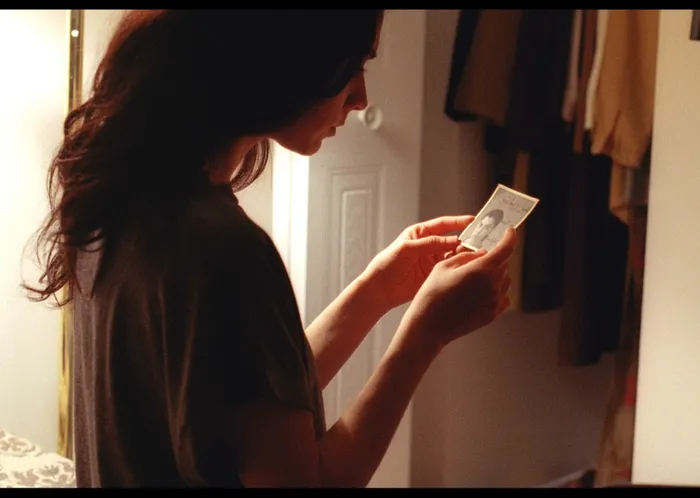
A search for unknown family members opens up old wounds. A search for unknown family members opens up old wounds.
I ncendies is a horror movie, a love story and a mystery, each thread of which is so expertly interwoven into the larger narrative that it is impossible to separate the strands. In the end, the effect of the sinuous, snaking drama is like a tripwire. It knocks you off your feet and leaves you shaken.
It is no surprise that it was nominated for a Best Foreign Language Film Oscar.
Directed and adapted for the screen by Quebecois film-maker Denis Villeneuve from Wajdi Mouawad’s play (whose title is often translated as Scorched), Incendies opens with the reading of a will in the office of Canadian notary Jean Lebel (Remy Girard). Lebel has just dropped a bombshell in the laps of Jeanne and Simon Marwan (Mélissa Desormeaux-Poulin and Maxim Gaudette), a pair of 20-something twins whose mother, Nawal (Lubna Azabal), has recently died. In accordance with the terms of Nawal’s will, Jeanne and Simon are given two sealed letters, one to deliver to their father, and another to deliver to their brother, after which they will receive a letter of their own from their mother.
The odd thing is they thought their father was dead and never knew they had a brother.
Their search for the family they never knew will lead them to their mother’s homeland in the Middle East. At first Jeanne goes by herself – Simon wants nothing to do with his mother’s crazy request – but eventually Simon joins his sister, once the web of secrets and shocks that she encounters becomes too sticky to navigate on her own.
Told largely in flashback at first and then dwelling more and more in the present day, Incendies is perfectly paced. It’s like a detective story where a little bit of poking around gradually opens up a floodgate of information. First there is a tiny crack and a trickle. Then comes the torrent.
Much of what comes out has to do with Nawal’s life before the twins were born. An educated, relatively liberated Christian in a culture wracked by sectarian strife – and in which women were often second-class citizens – Nawal has seen much. And so do we, through her eyes. One sequence alone, in which a busload of mainly Muslim women and children is attacked and set fire by a Christian militia, would be more than enough horror for any single film. But it is only one of many casual cruelties that Nawal experiences.
The massacre is the turning point in Nawal’s life, and it leads her down a road of fatal choices and increasingly sickening atrocities from which there is no deviation and from which there may or may not be redemption. That is the central question of the movie.
On one level, Incendies is an anti-war film like any other. The brutality of the conflict that took place in Lebanon in the 1970s and 1980s is shown in stark, unflinching terms. And no one, neither Christian nor Muslim, is a hero.
But the terms in which Incendies tells its harrowing yet strangely beautiful story are personal, not political, or in any way generic. This gives it a power beyond rational argument.
Its title is well chosen. The flames of war may only burn its victims, but their scars can be passed on to the next generation. – Washington Post